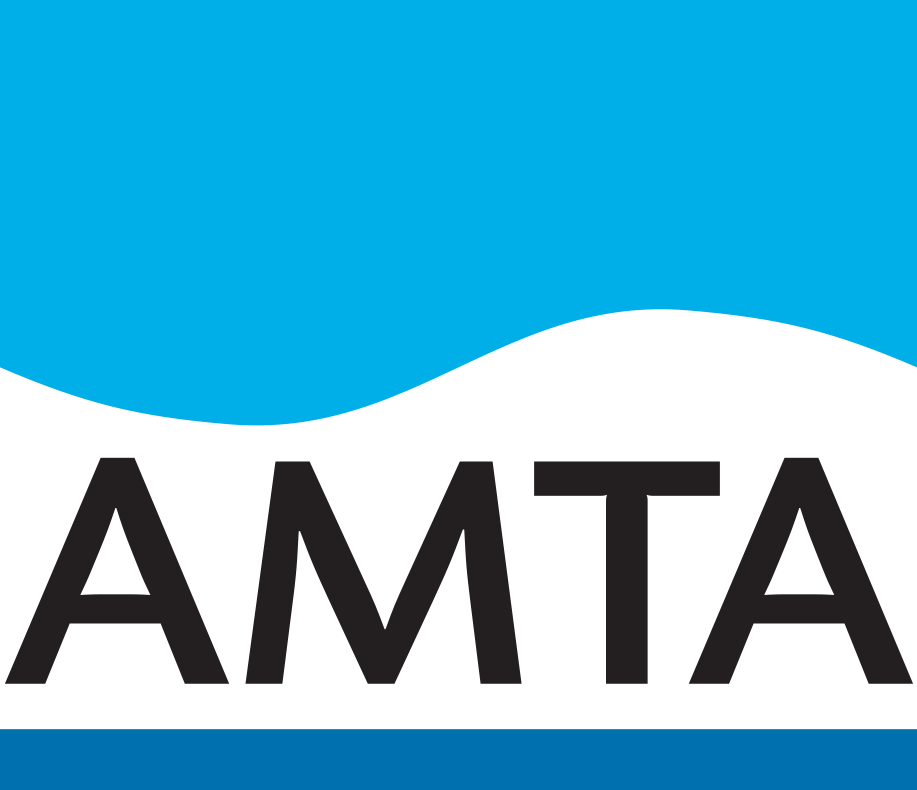Consumer Protection
In today’s connected world, we all rely on our mobile service. In fact, over 7 million Australians rely on a mobile service only and no longer have a fixed line phone at home. (ACMA Communications Report 2017-18).
Mobile phones and services can also range in price from easily affordable options to more expensive premium handsets and services. And the wide range of options available can sometimes be confusing.
It’s therefore important to understand your consumer rights when it comes to purchasing a mobile device or service.
Telecommunications Consumer Protection (TCP) Code
The Telecommunications Consumer Protection (TCP) Code is an industry code (Code 628:2015) published by Communications Alliance, registered and enforced by the Australian Communications and Media Authority (ACMA). The Code provides safeguards for consumers in relation to telecommunications and internet services.
The TCP Code was originally developed in 2007 and was revised and was registered by the ACMA on 1 September 2012. The Code was again updated in 2015 and 2017 – to remove unnecessary duplication and to address recommendations from the Victorian Royal Commission into Domestic Violence.
Most recently, the Code was updated in 2019 to include provisions in relation to selling practices and credit provision. These latest revisions meant that new customers paying more than $45 per month for a contract will need to provide information about how they will pay their bill and service providers will be required to do an external credit check for these customers.
The TCP Code includes protections for consumers regarding billing, advertising, spend management tools, financial hardship, complaints handling and processes for transferring from one provider to another.
As the TCP Code is a registered code, the ACMA can direct mobile telecommunications providers to comply with the code.
You can read more about the Code and download a copy here.
Critical Information Summaries
The Code requires service providers to give consumers a Critical Information Summary (CIS) before they enter into a contract for a new mobile service or plan. You can find a copy of the CIS on your service provider’s website or pick one up in store. The CIS sets out all the key obligations and information about what is included in the plan. It’s really important to review the CIS carefully and ask any questions you may have before you enter into a new contract with your service provider. And if you want to make sure you get the best deal – the CIS makes it easier to compare the various plans and services that providers have on offer.
If you can’t resolve an issue and need to make a complaint
Always contact your service provider in the first instance for any concerns, issues or complaint you have regarding your mobile service.
If you are unable to resolve the issue with your service provider you can contact the Telecommunications Industry Ombudsman (TIO). The TIO is independent of industry and government and provides a free dispute resolution service for residential customers or small business customers that have a complaint regarding their telephone, mobile or internet service.
If you are facing difficulties in paying your bill
If you are experiencing financial hardship and worried about paying your bill, please contact your service provider as all service providers have financial hardship policies in place and can work with you to resolve the issue and avoid any interruption of service.
For further information go to: Telecommunications Industry Ombudsman (TIO)

